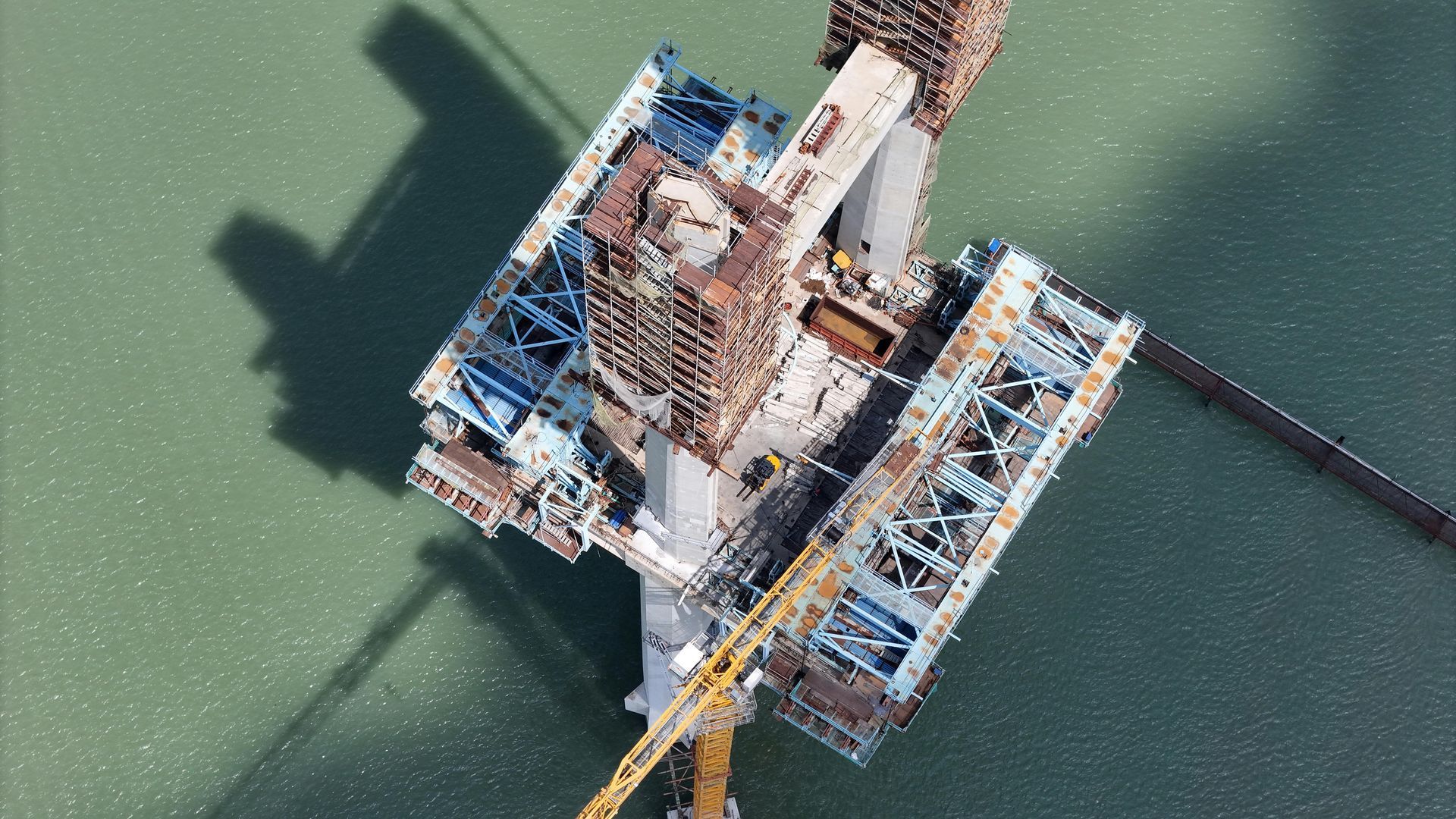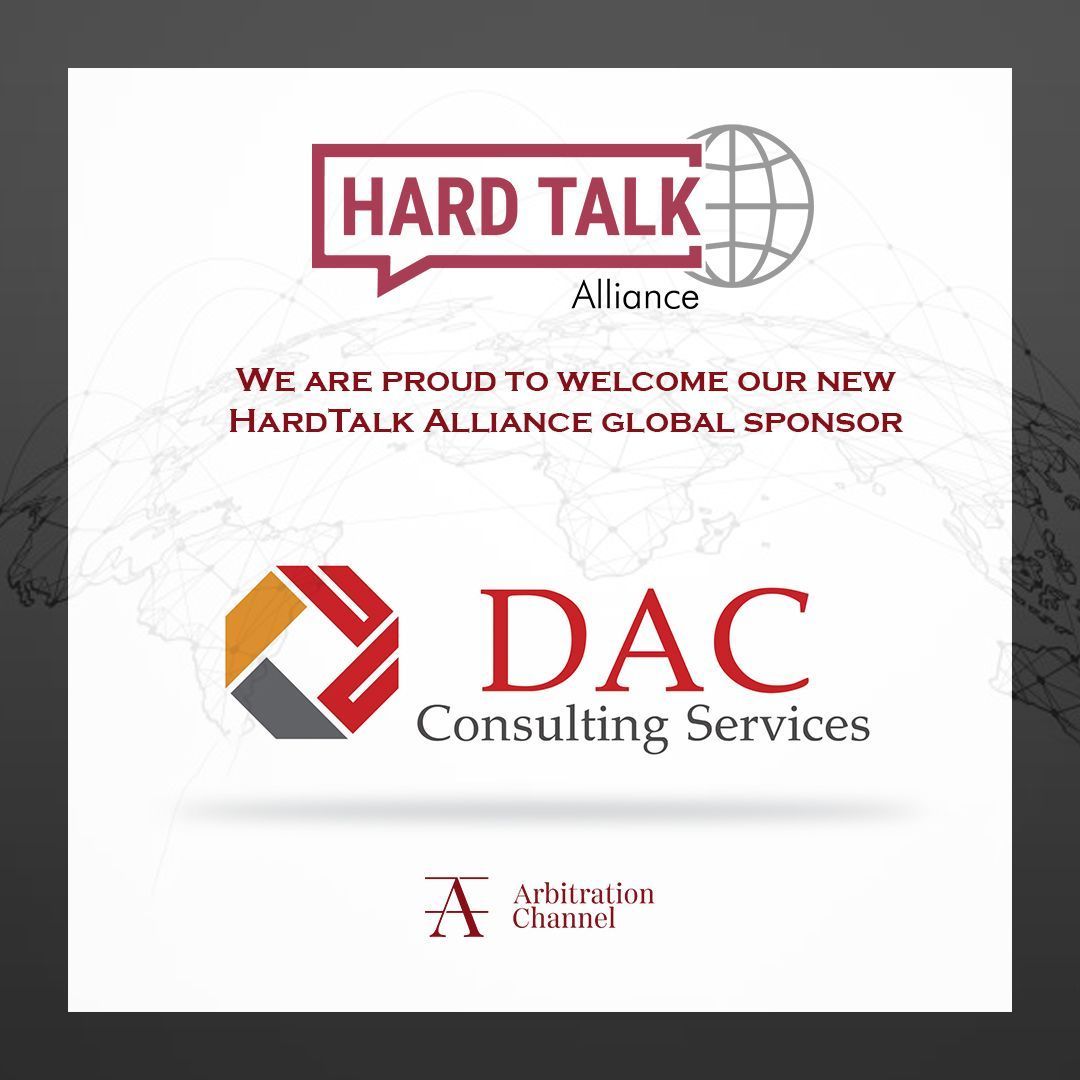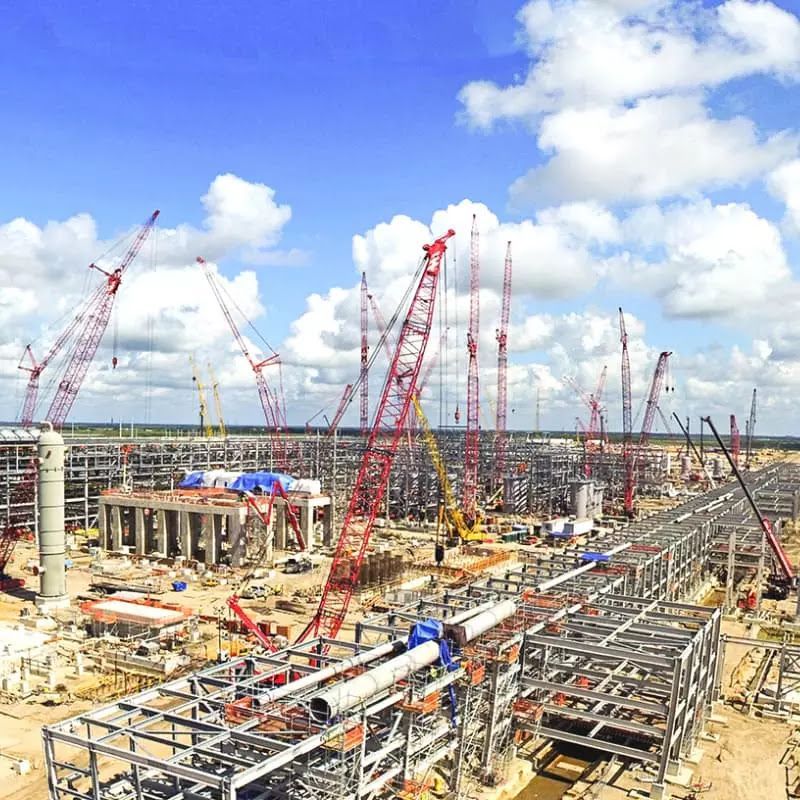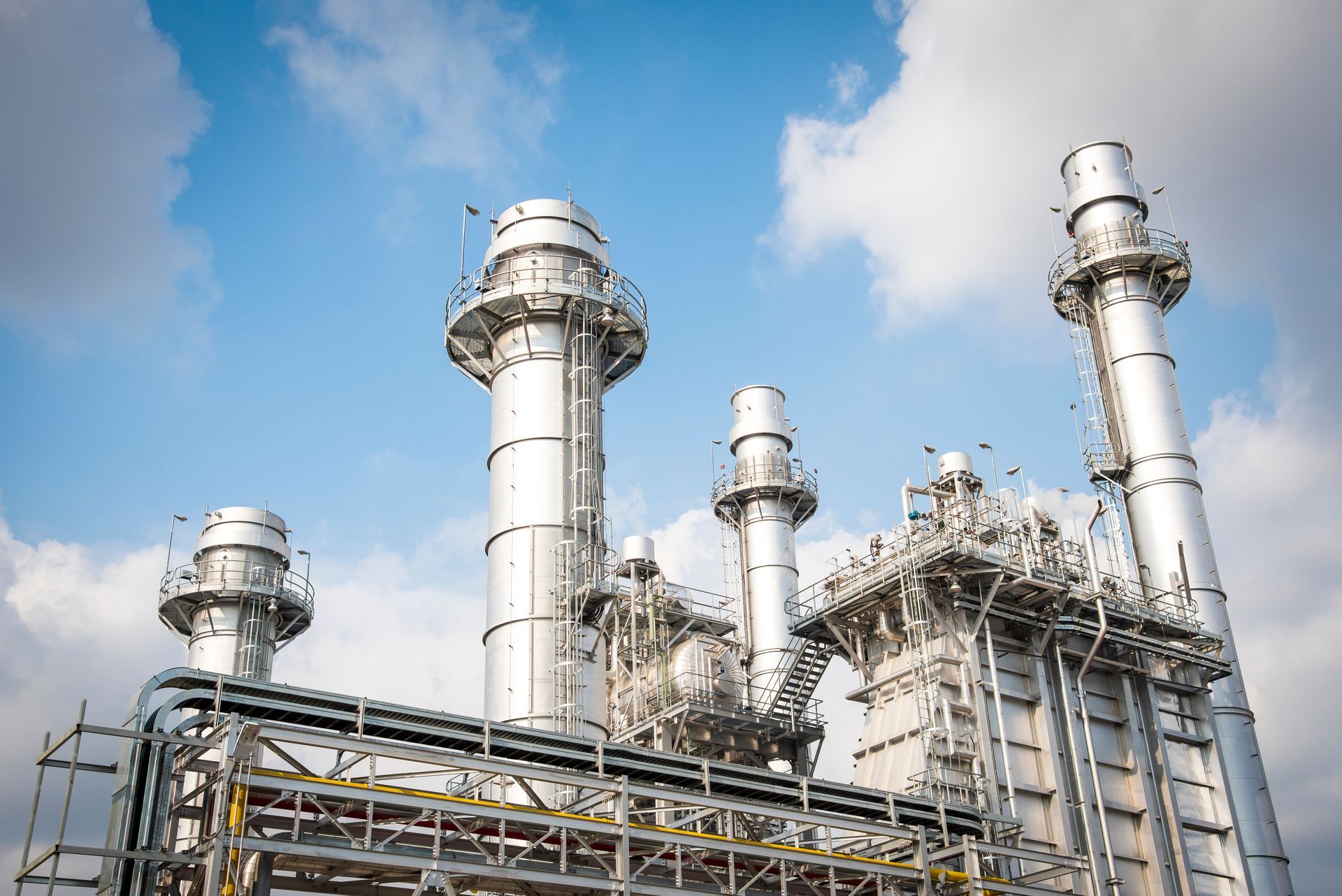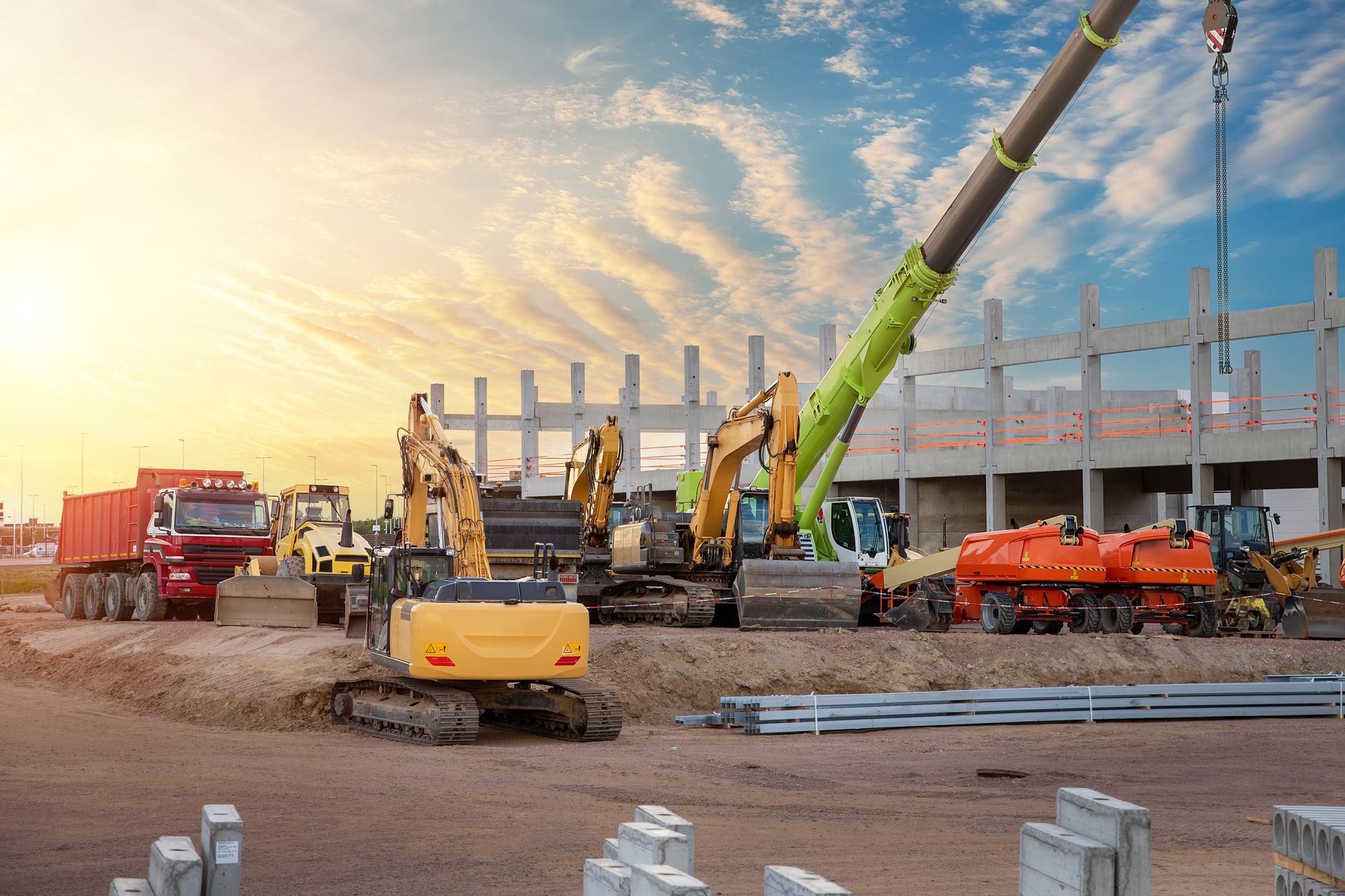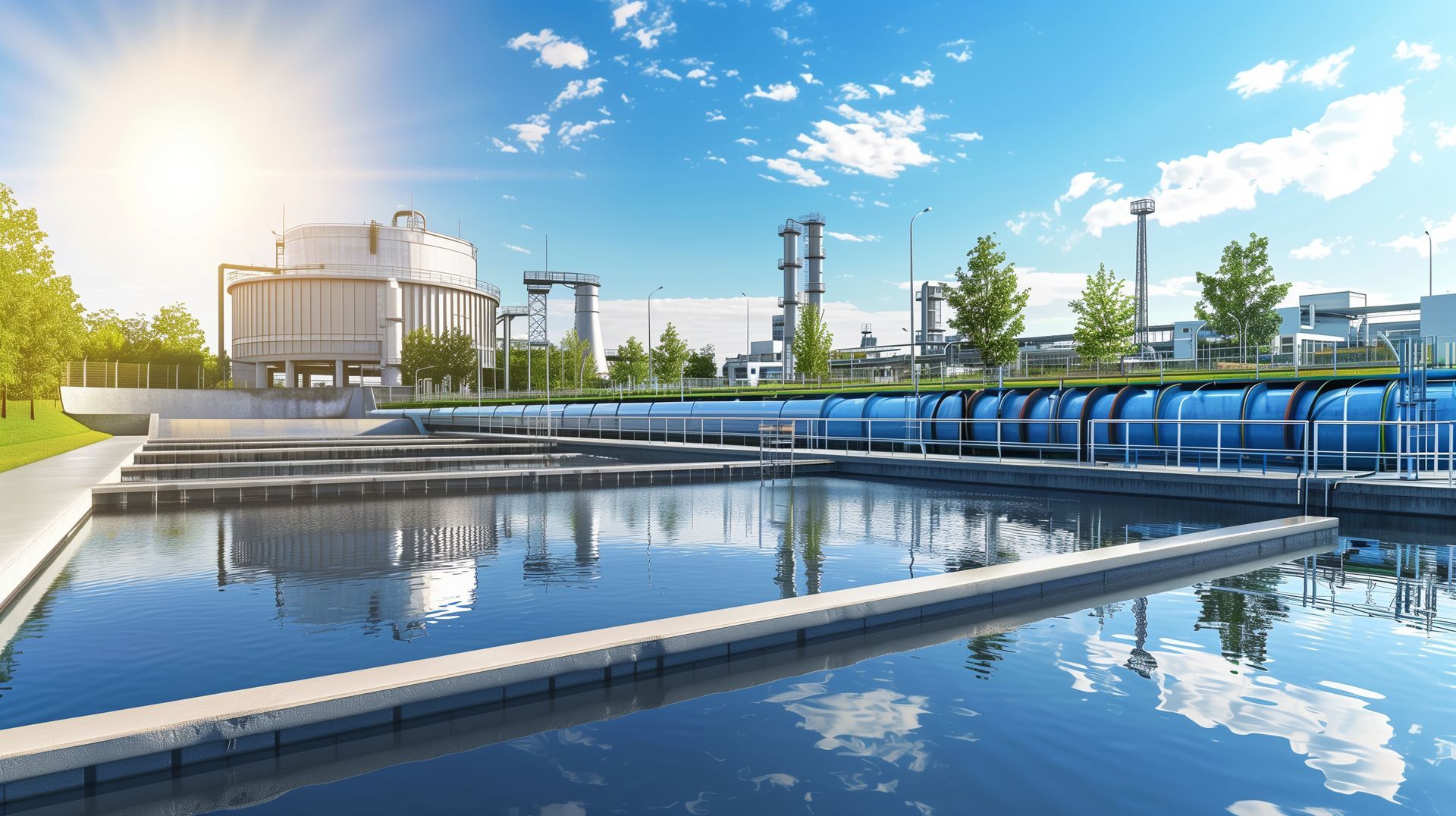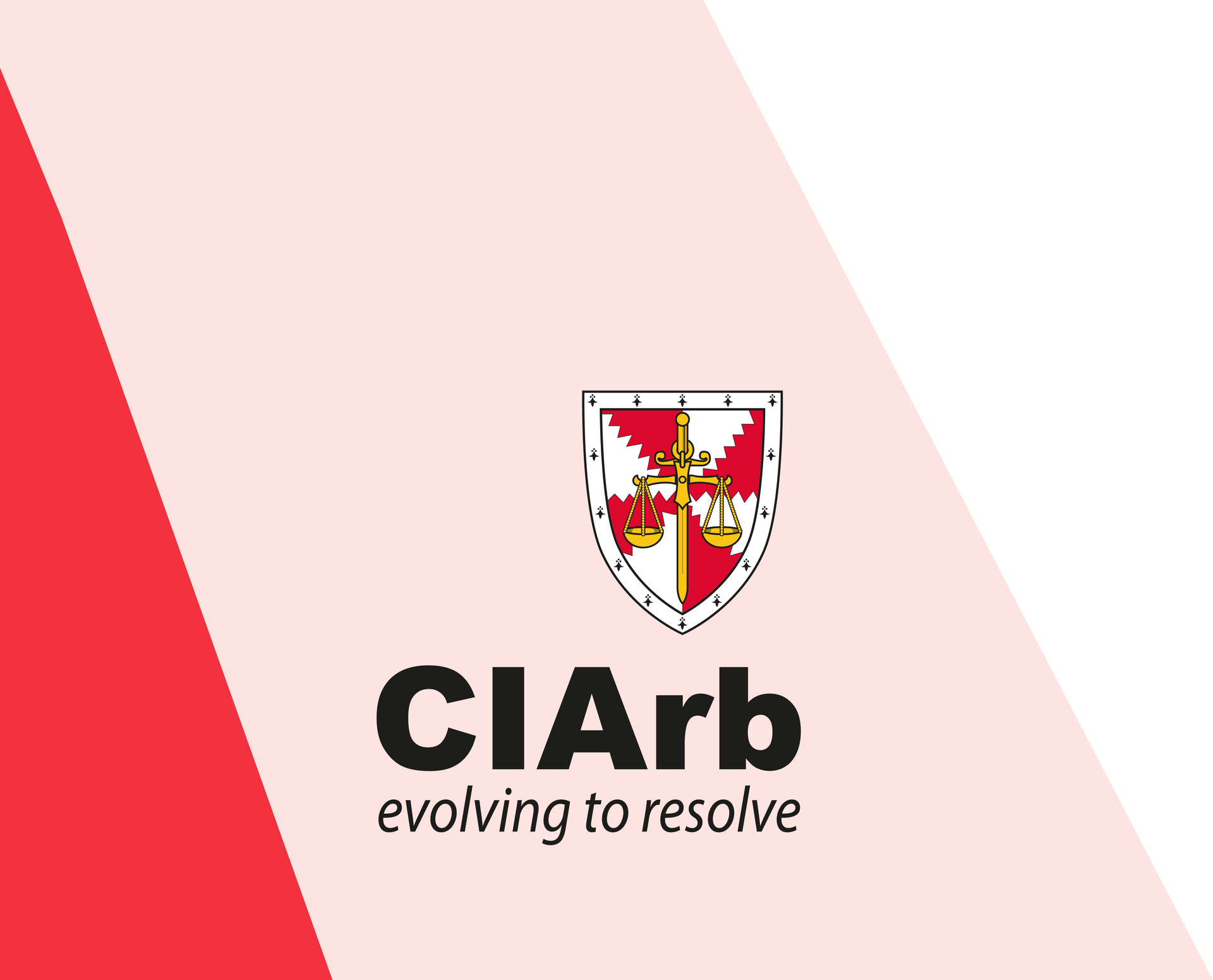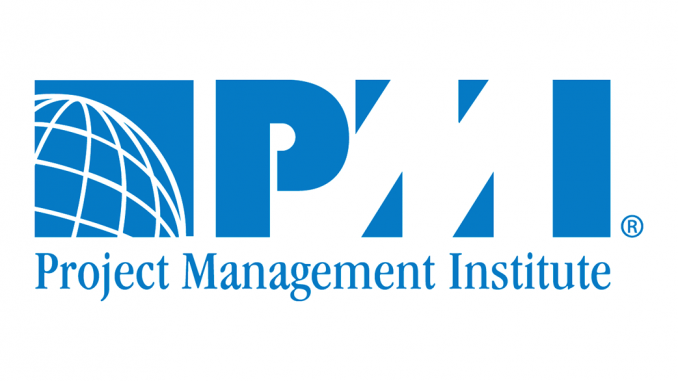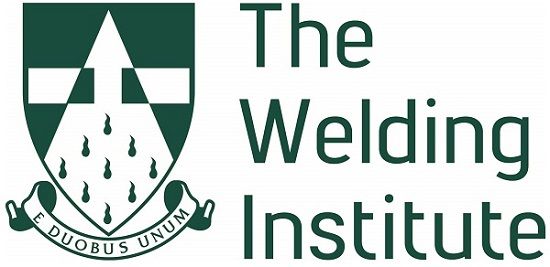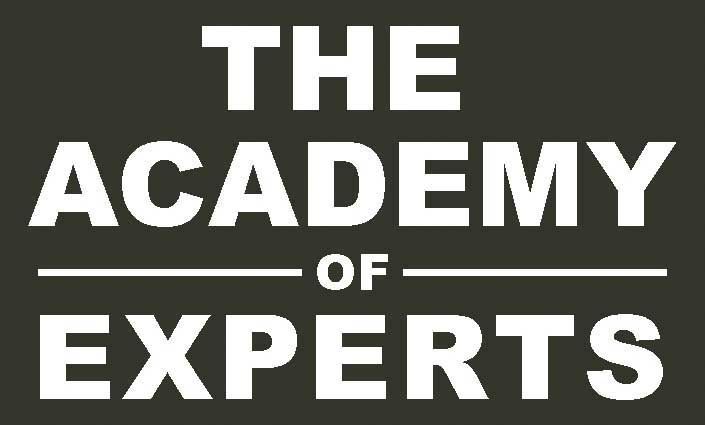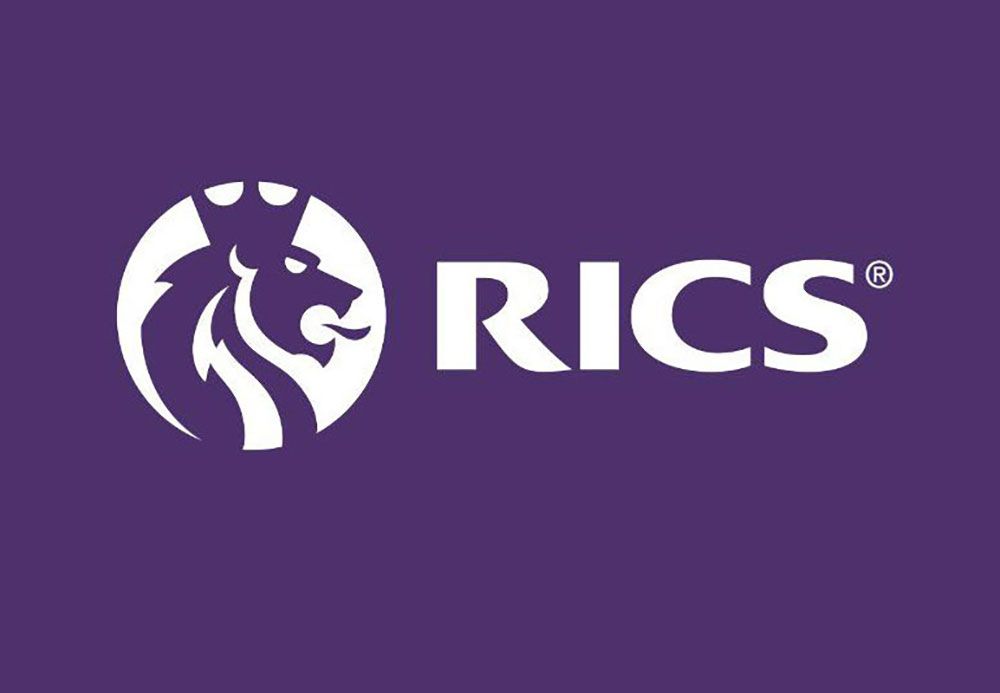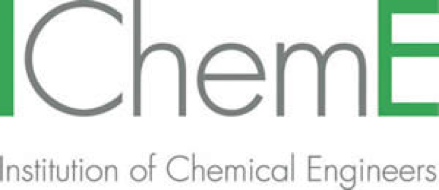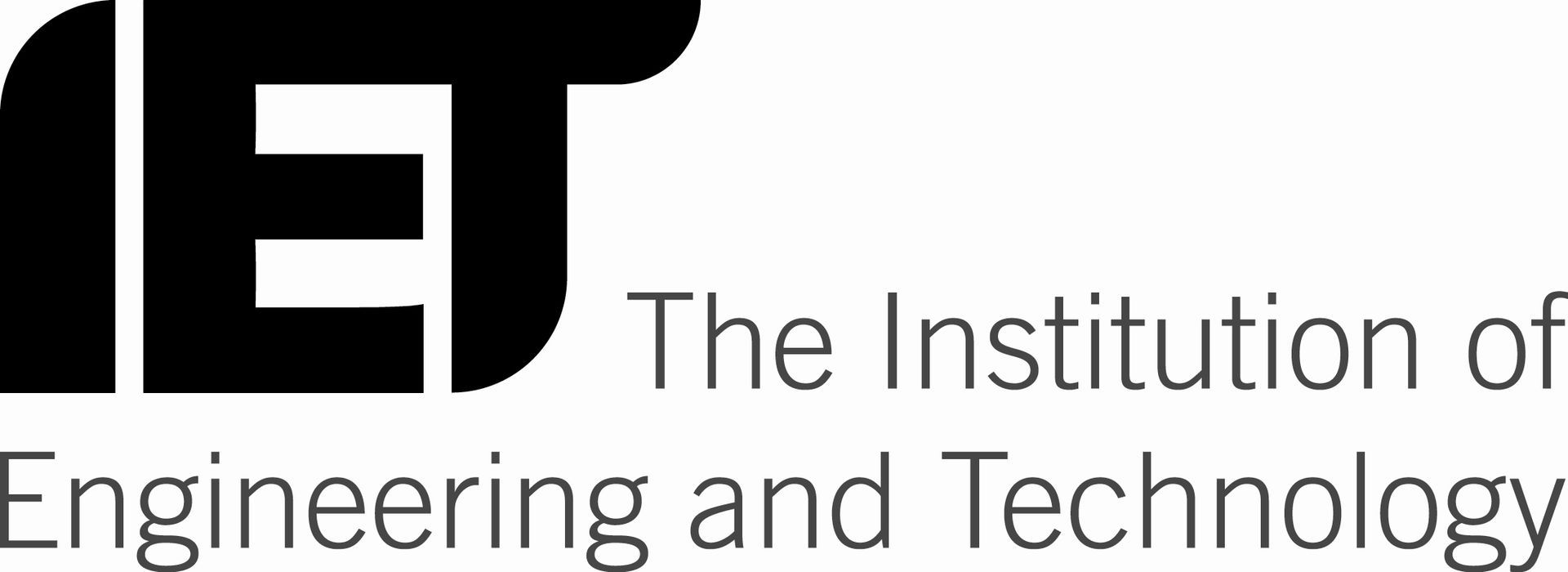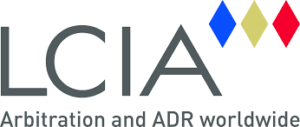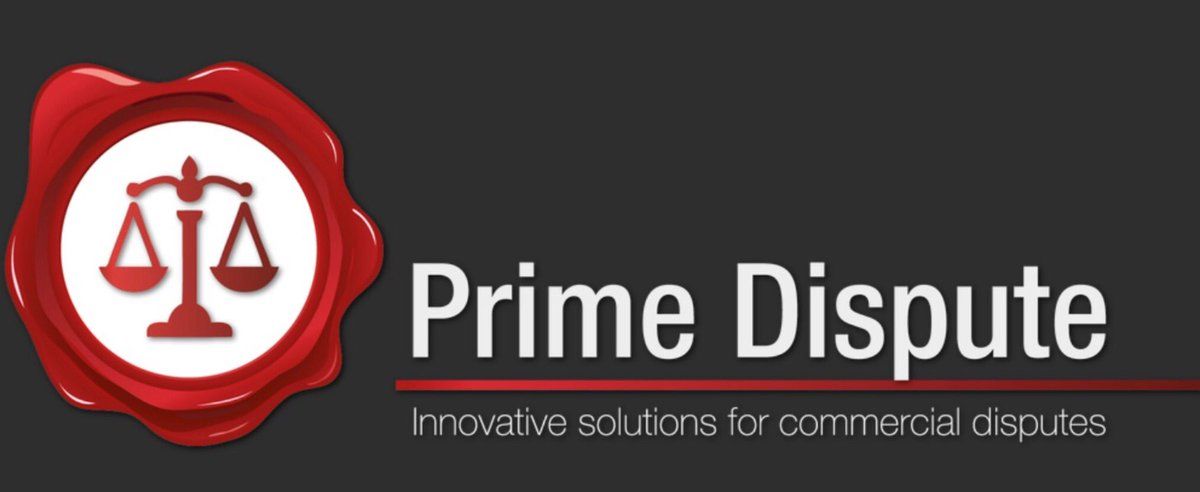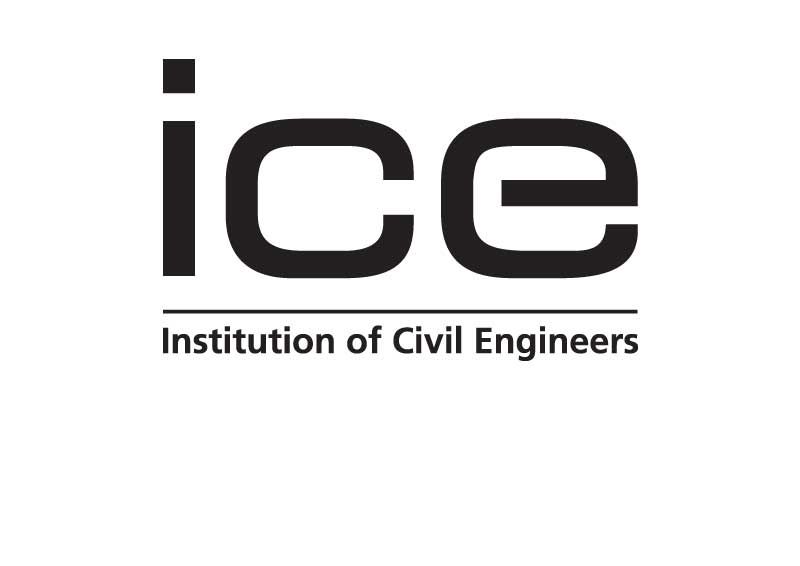21 December 2023
Newsletter Contents:
DAC recent events:
DAC Consulting Services was happy to sponsor and present in this interesting conference Istanbul Arbitration Week 2023 from October 2nd - 6th October.
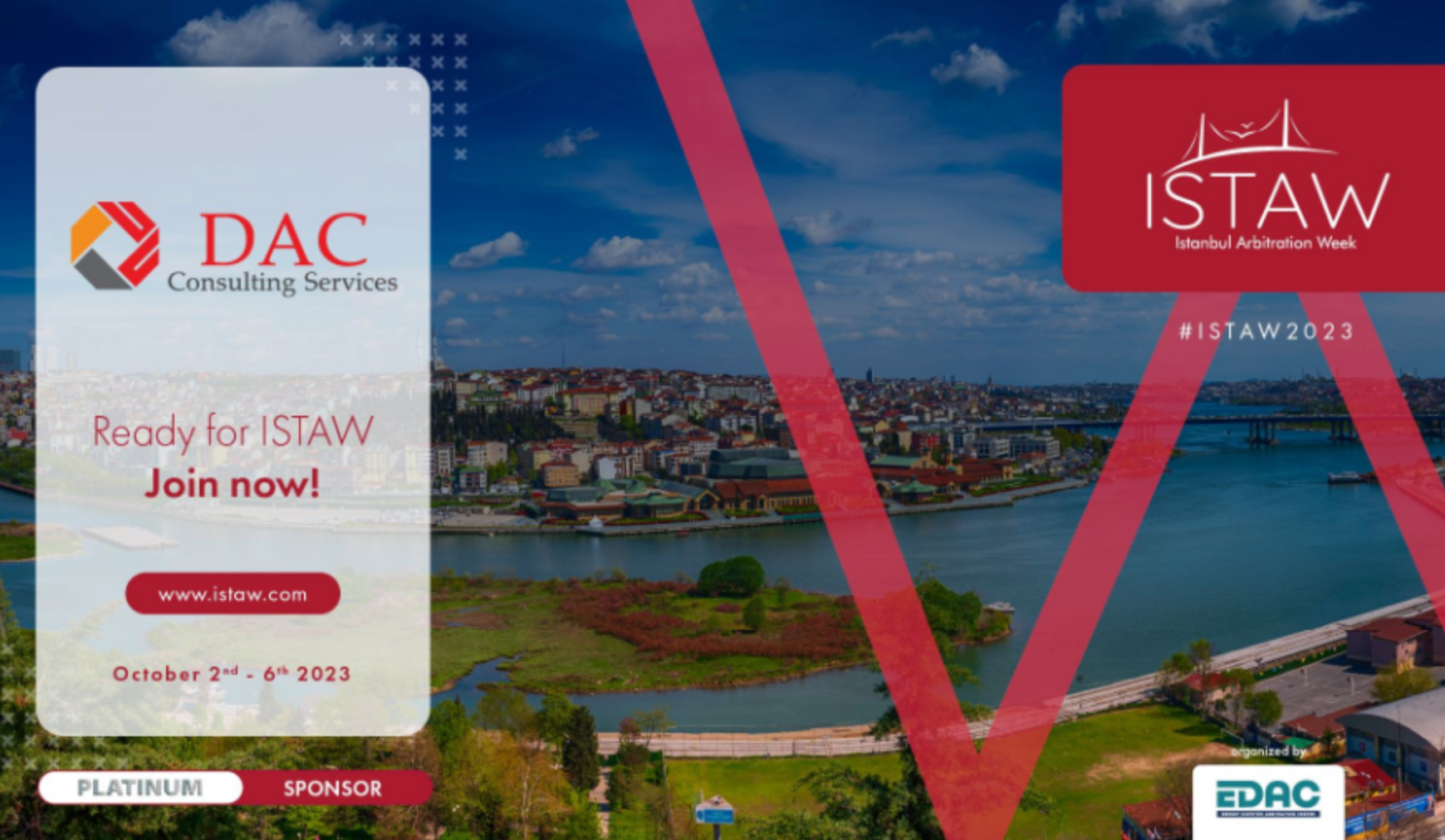
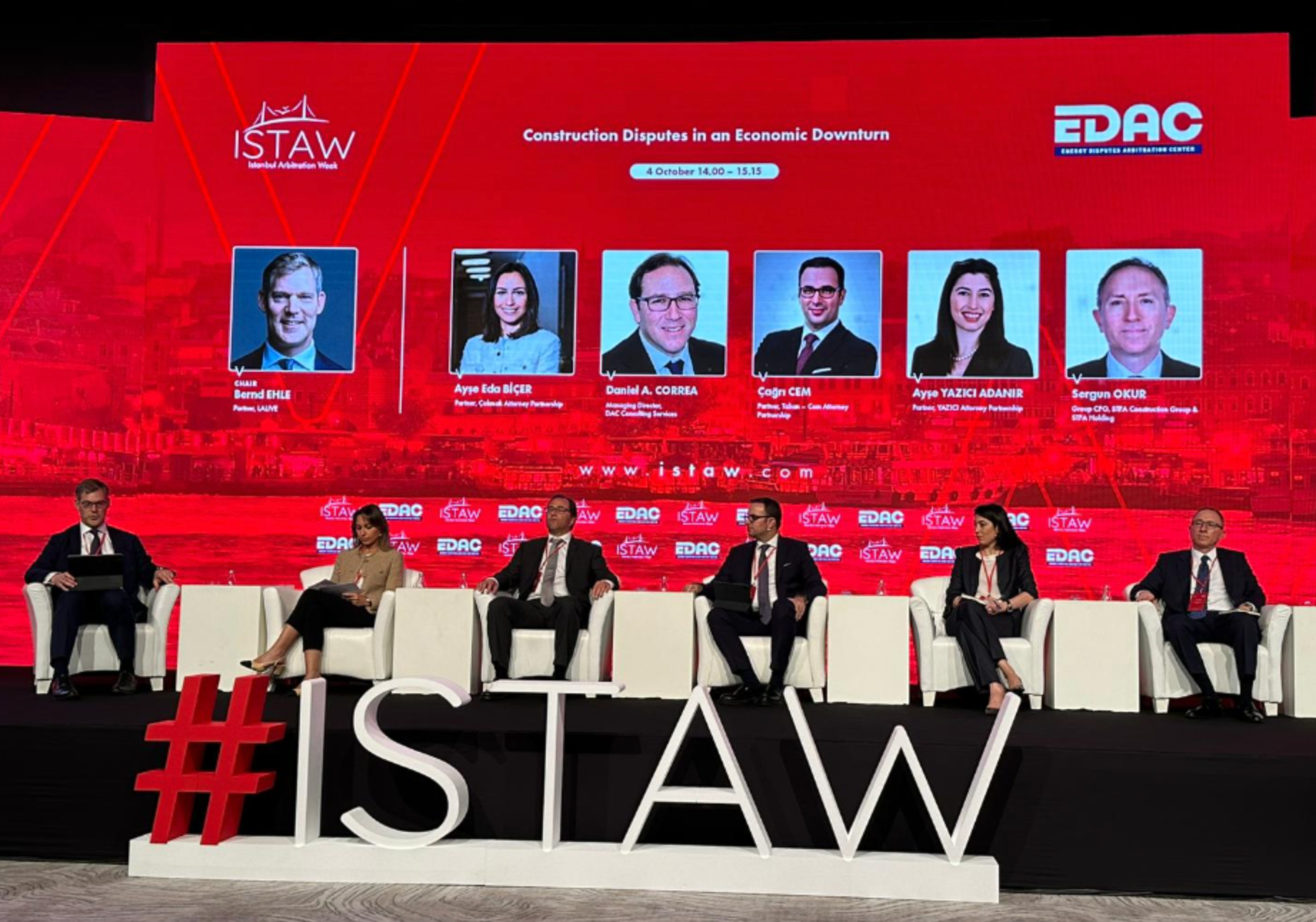
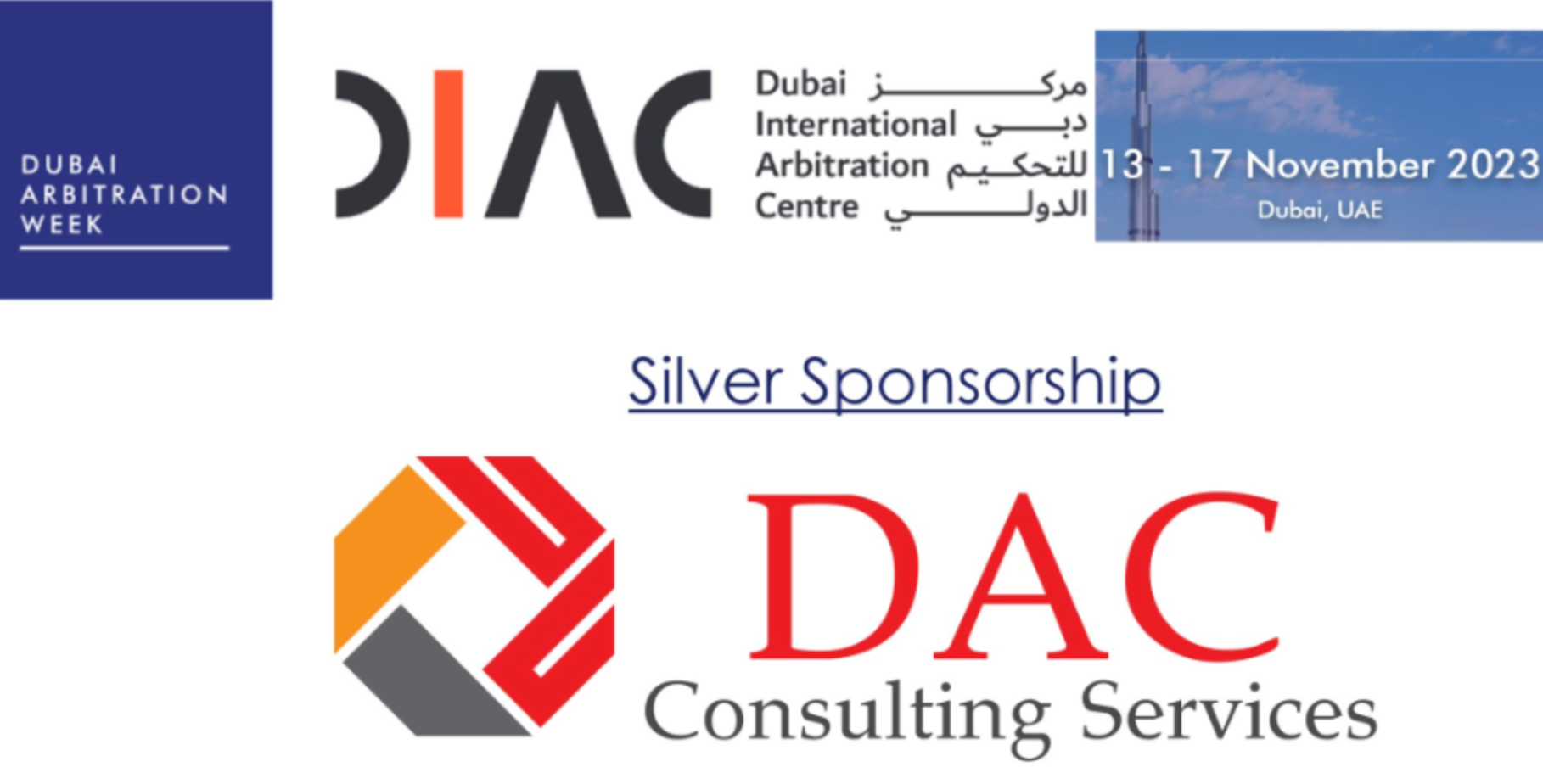
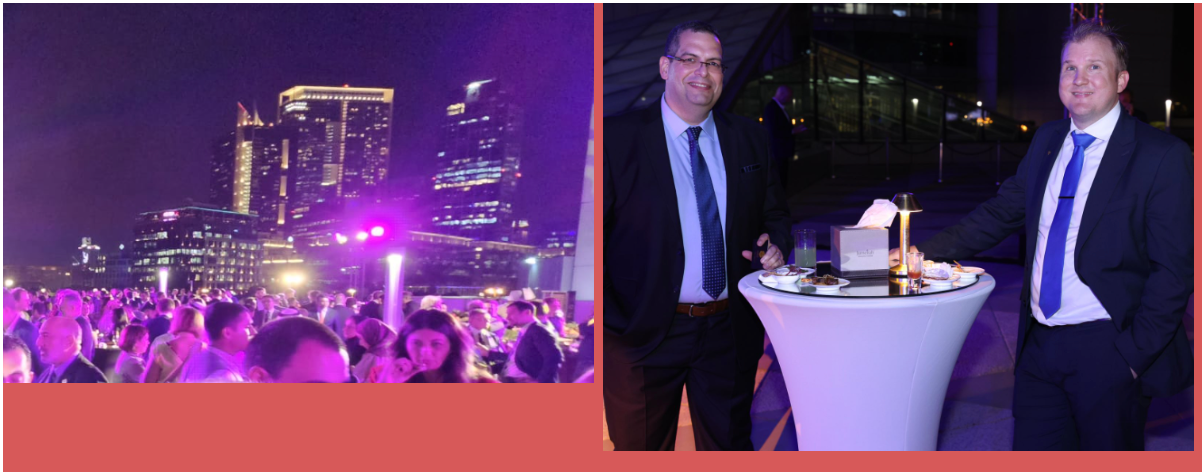
DAC was very happy to be part of the 21st ICC Miami Conference on International Arbitration,
Miguel Hernández and Reinaldo Scannone had such a fantastic week in Miami, with meaningful conversations and productive meetings with arbitration and insurance clients. A great experience to be able to connect with friends and colleagues.

DAC was thrilled to be a sponsor once again of the Onshore Energy Conference London, where our Managing Director, Daniel Correa, and Director of Engineering and Project Management, Lorman Correa gave a TED Style talk on Carbon Capture
Our team had a great day, and it was good to catch up with many of our clients and contacts.

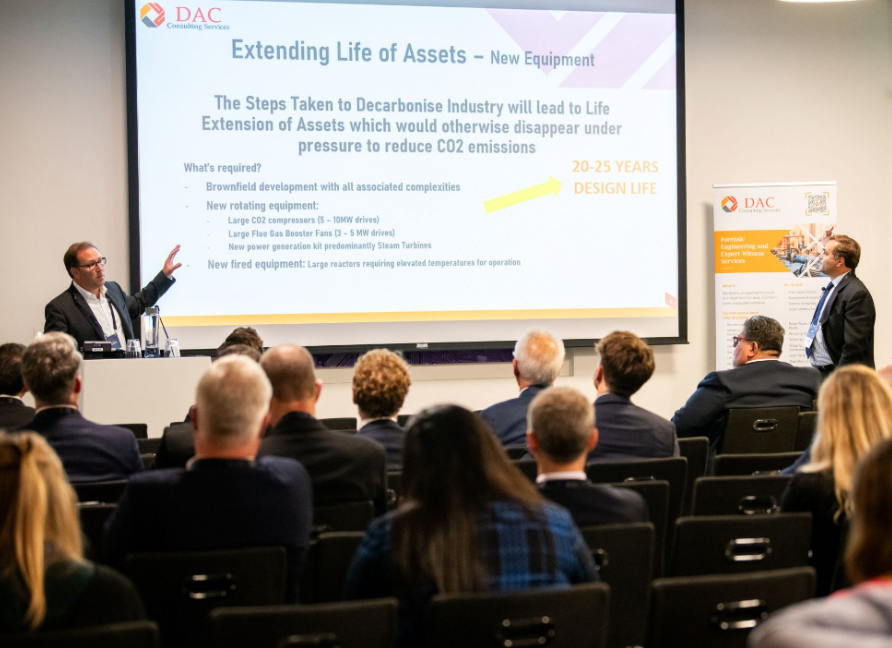
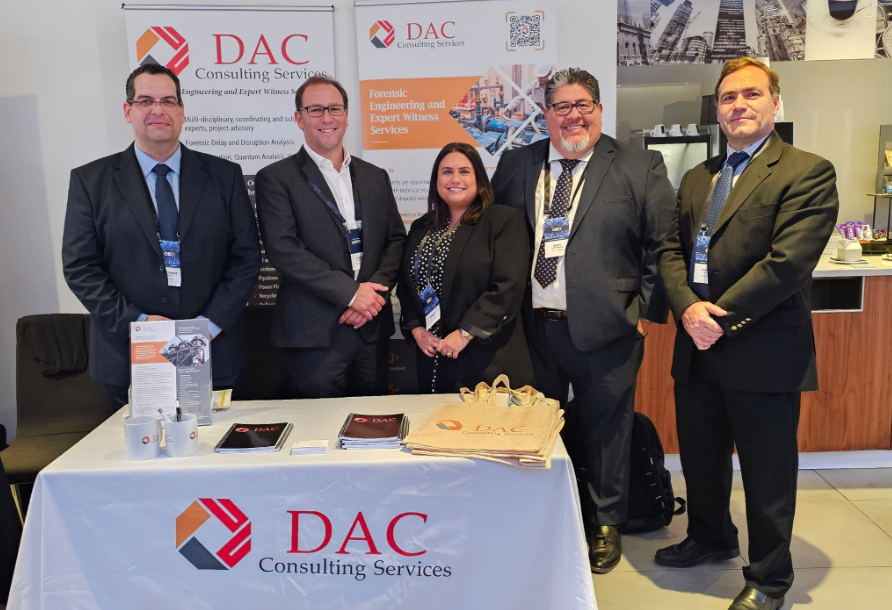
DAC Consulting Services were pleased to sponsor The Expert Witness Institute Sir Michael Davies Lecture which was held in October.
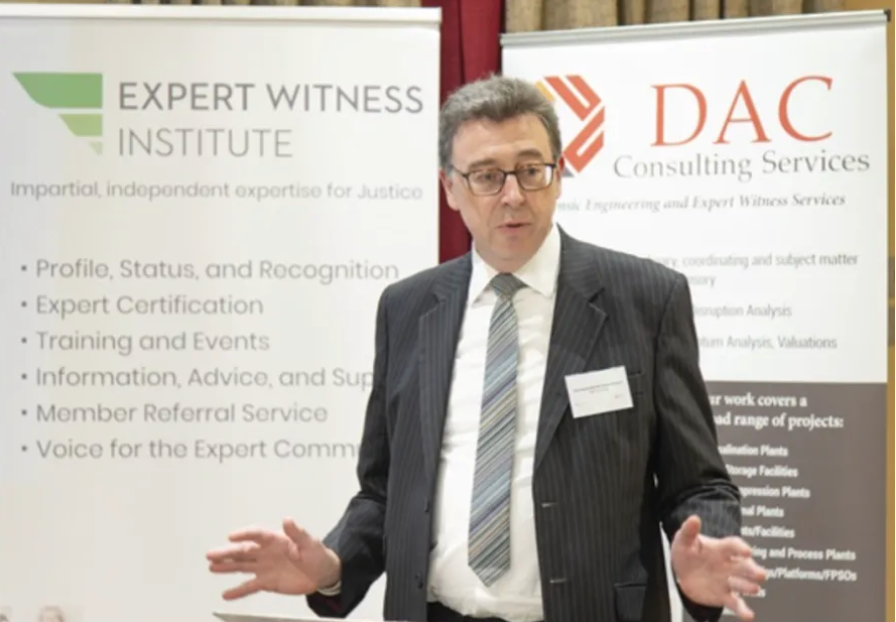
Summary of 2023
2023 has been a fantastic year for DAC worldwide. We have continued to grow our practices based out of London, Dubai and Mexico, and we have had a record amount of enquiries for our services.
DAC has been present at various important events, such as the Paris Arbitration Week, Miami Latin American Claims (Re)Insurance Forum, 6th Annual Conference on Energy Arbitration & Dispute Resolution in the Middle East & Africa, Expert Witness Institute Annual Conference, the [insurance] Onshore Energy Conference, the Arbitration week in Istanbul, the Arbitration Week in Dubai, the arbitration week in Miami, and DAC was represented at the first edition of the Mexico Arbitration Week and many others.
DAC has been recognised for the 3rd year running on Who’s Who Legal, as Leader's in Construction Arbitration.
DAC was proud of team KNAIMA who took part in the ‘Around the Island Race’. Daniel Correa and Lorman Correa from DAC Consulting Services with team KNAIMA, for a charity very close to our hearts Healing Venezuela , founded in the UK, which aim is to improve the health system in #Venezuela and especially the current situation about child malnutrition.
Overall, it has been a magnificent year, and we definitely look forward to 2024!
What to look forward to in 2024
2024 is surely going to be an even better year for DAC.
There are many events already booked in, starting in January the 12th ITA-IEL-ICC Joint Conference on International Energy Arbitration – Houston Texas; then with HardTalk in Washington DC about Arbitration & Infrastructure in Latin America. We will then be attending in February the 12th ICC MENA Conference on International Arbitration in Dubai. Later in March we will be sponsoring for the first time the Riyadh International Disputes Week #RIDW24, which surely will be packed with key topics that are driving the dispute resolution of construction projects in Saudi Arabia.
We look forward to increasing further our roster of experts worldwide, as well as clients and supporters around the globe, with the confidence of knowing that we are adding value in all claims and disputes that we get involved in.
We certainly welcome 2024 with open arms!
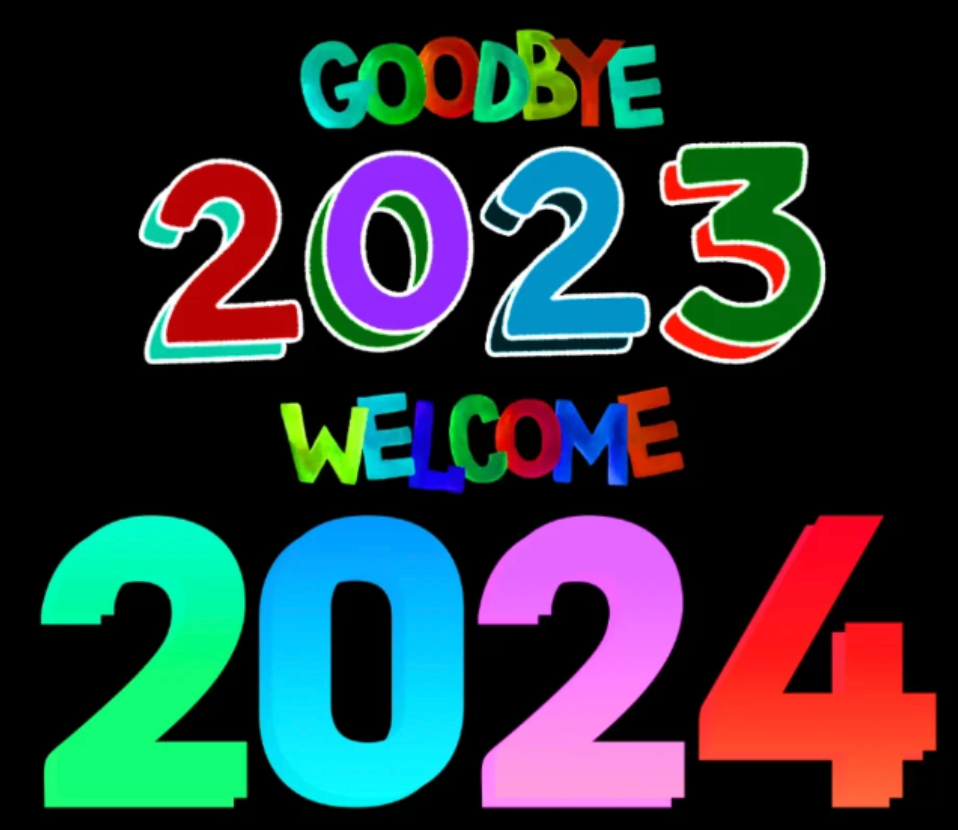


WORLD CLASS FORENSIC
& TECHNICAL CONSULTANTS
FORENSIC ENGINEERING | EXPERT WITNESS SERVICES
Expert Witness Services
Delay: Forensic Delay and Disruption Analysis
Quantum:
Cost Estimation, Quantum Analysis
Technical:
Multi-disciplinary, coordinating and subject matter experts.
Forensic Engineering
Expert technical advice on insurance claims (Root Cause Analysis, reinstatement, timeline), project development, and independent progress (time) and cost (quantum) project management.

Come work with Us!
If you cannot carry out new cases in your current firms due to conflicts of interest, come work with us!
- Modern case management platforms
- Unrivalled team and admin support
- Clear and concise quality management systems
- Exceptional reputation
- Capacity to GROW
- Remote working
DAC is the future of working as an Expert Witness.


79a Grapes House, Suite 4, First Floor
Esher, Greater London
United Kingdom. KT10 9QA
www.dac-consultingservices.co.uk
https://www.linkedin.com/company/dac-consulting-services









